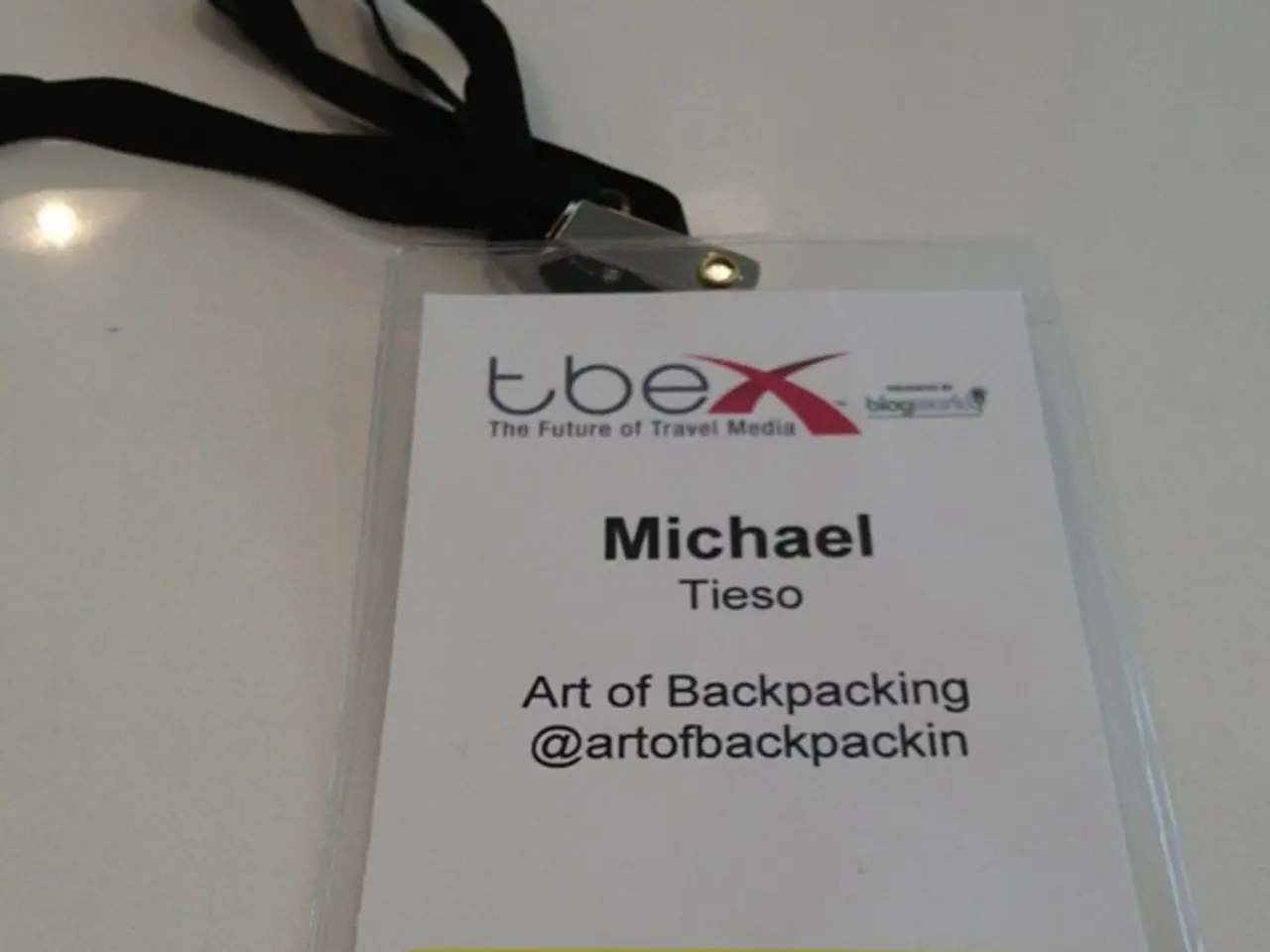"A Comprehensive Collection of 120 Transition Objectives for Individualized Education Programs to Promote Student Self-Reliance"
In the educational journey of student [Student Name], the Individualised Education Program (IEP) plays a crucial role in setting achievable goals that will prepare them for life beyond school. Here are some of the transition IEP goals that have been set for [Student Name]:
- Organisation and Time Management: By the end of the IEP period, [Student Name] will be able to organise materials in a logical order with 90% accuracy in 4 out of 5 trials in classroom settings. This goal focuses on [Student Name]'s ability to manage their resources effectively and meet deadlines.
- Self-Advocacy: [Student Name] will articulate personal needs or goals with 80% accuracy in 3 out of 4 meetings, and during self-reflection activities, [Student Name] will identify at least two long-term personal or professional goals in 3 out of 4 opportunities. These goals aim to empower [Student Name] to communicate effectively and make informed decisions about their future.
- Transportation: When shown local transportation schedules, [Student Name] will plan a route to a destination with 90% accuracy in 4 out of 5 trials. This goal is essential for [Student Name]'s independence and mobility.
- Feedback Implementation: By the end of the IEP period, [Student Name] will implement suggested improvements with 85% effectiveness in 4 out of 5 trials in classroom settings. This goal encourages [Student Name] to be open to constructive criticism and continuously improve their skills.
- Independence: By the end of the IEP period, [Student Name] will complete assigned tasks within the allotted timeframe with 85% accuracy in 4 out of 5 trials in classroom settings. This goal promotes [Student Name]'s ability to work independently and manage their time efficiently.
- Safety: When traveling alone, [Student Name] will carry emergency contact information and demonstrate its use with 100% success in 5 out of 5 trials. This goal ensures [Student Name]'s safety in various situations.
- Problem-Solving: By the end of the IEP period, [Student Name] will identify at least two possible solutions with 80% success in 3 out of 4 scenarios as measured by teacher data collection. This goal equips [Student Name] with the skills to handle challenges effectively.
Transition IEP goals are designed to help students with disabilities prepare for post-school life, whether that's higher education, entering the workforce, or figuring out independent living. These goals are tailored to each student's individual needs, preferences, and strengths, ensuring they can thrive in their chosen path.
The key is always customization. By listening to [Student Name]'s interests, looking at their needs, and collaborating on a plan that supports them long-term, we can ensure [Student Name]'s success in reaching these goals. The resource provides a free sortable IEP goal bank with 1,282 goals across 30+ skills, making it easier to find the right goals for each student.
[References] [1] National Dissemination Center for Children with Disabilities. (n.d.). Transition Planning. Retrieved from https://nichcy.org/schoolage/transition [2] Wrightslaw.com. (2021). Transition Planning. Retrieved from https://wrightslaw.com/info/trans/trans1.htm [3] Transition to Success. (2021). SMART Goals. Retrieved from https://transitiontosuccess.org/smart-goals/ [4] U.S. Department of Education. (2021). Transition Planning. Retrieved from https://www2.ed.gov/about/offices/list/osers/osers/transition.html [5] National Secondary Collaborative. (2021). Effective Instructional Strategies for Students with Disabilities in Secondary Transition. Retrieved from https://www.nscd.org/resource/effective-instructional-strategies-students-disabilities-secondary-transition
- To further boost [Student Name]'s career readiness, it would be beneficial to integrate technology and education-and-self-development resources that focus on communication skills, financial literacy, and career-development.
- Mastering life skills such as goal setting, time management, social skills, and conflict resolution is equally crucial for [Student Name]'s transition to post-school life, as these skills are essential for a productive lifestyle and personal-finance management.
- As [Student Name] prepares for their future, it's important to explore opportunities to improve their transportation skills and financial literacy, such as learning about budgeting and saving, to ensure a smooth transition into independent living.
- In addition to the transition IEP goals, it would be advantageous to incorporate more lessons on problem-solution skills and decision-making, as these skills are vital for navigating various aspects of life, including the workforce and personal relationships.
- By involving [Student Name] in discussions about their goals and allowing them to articulate their personal interests, it can help guide the development of personalized goals that focus on specific areas like career-readiness, life skills, conflict resolution, and technology.
- Encouraging [Student Name] to practice their self-advocacy skills in both classroom and social settings will help prepare them for the communication demands they may face in their future career and personal life.
- Equipping [Student Name] with effective conflict resolution strategies can empower them to handle interpersonal challenges constructively, making them more successful in their workplaces, relationships, and overall life.




